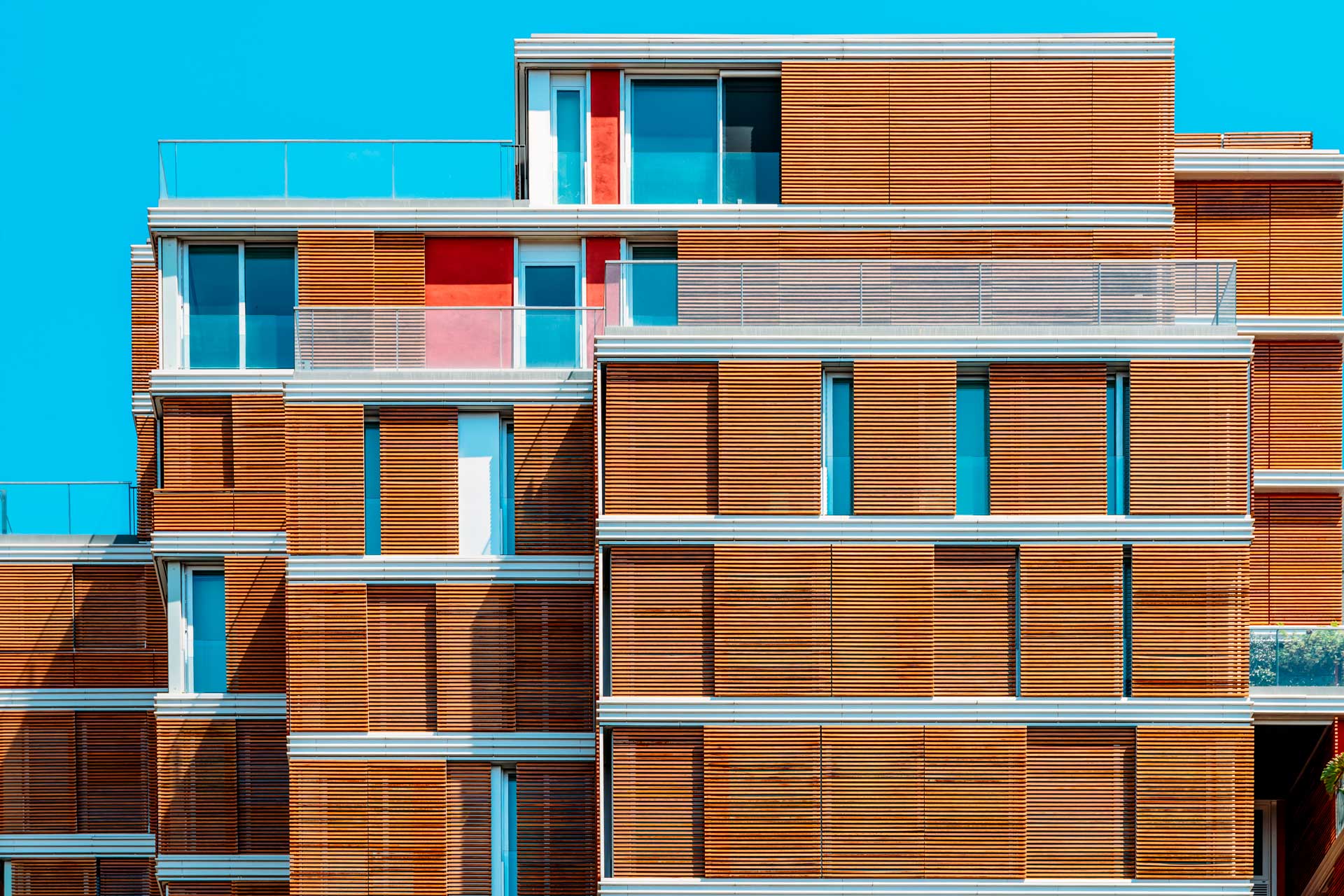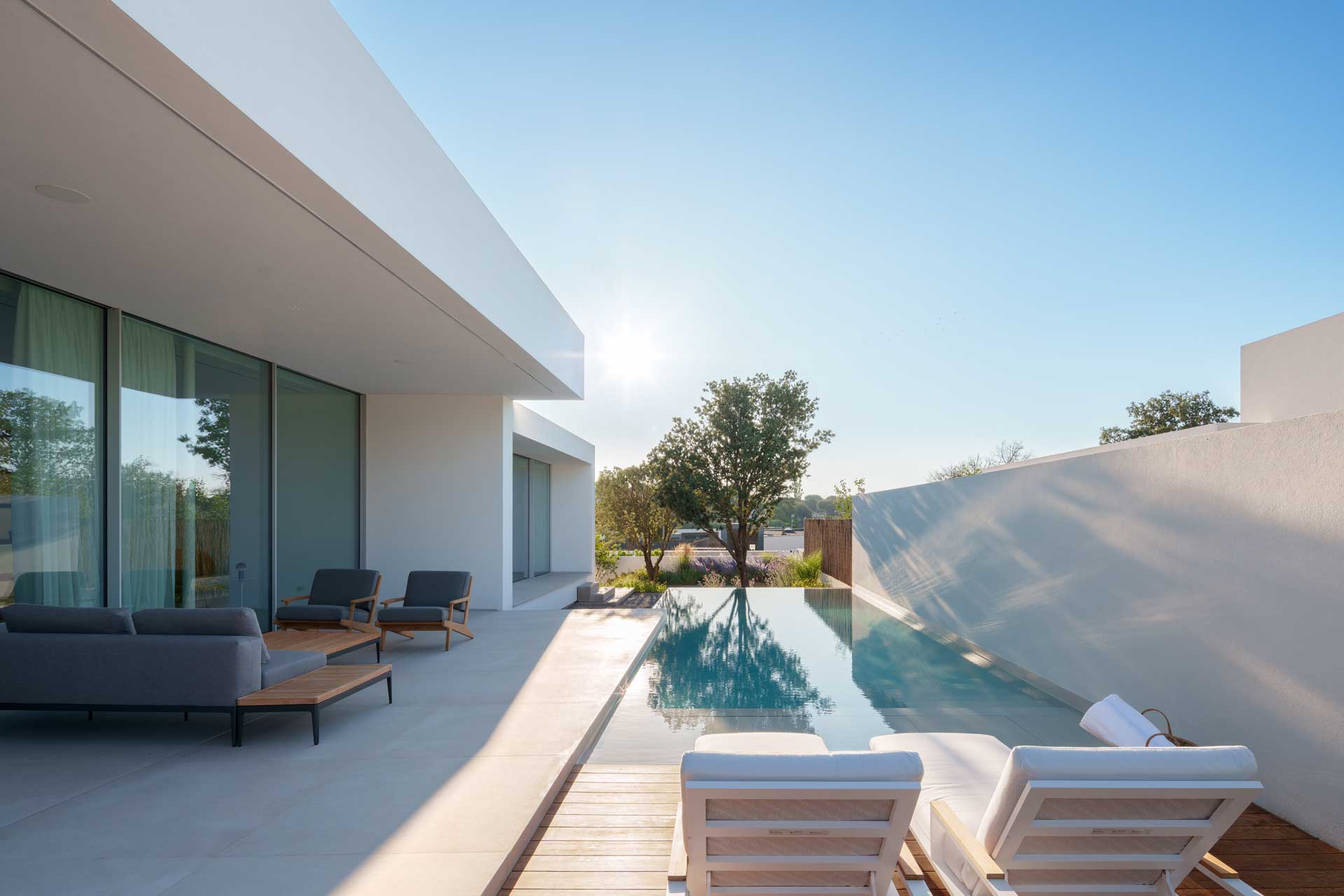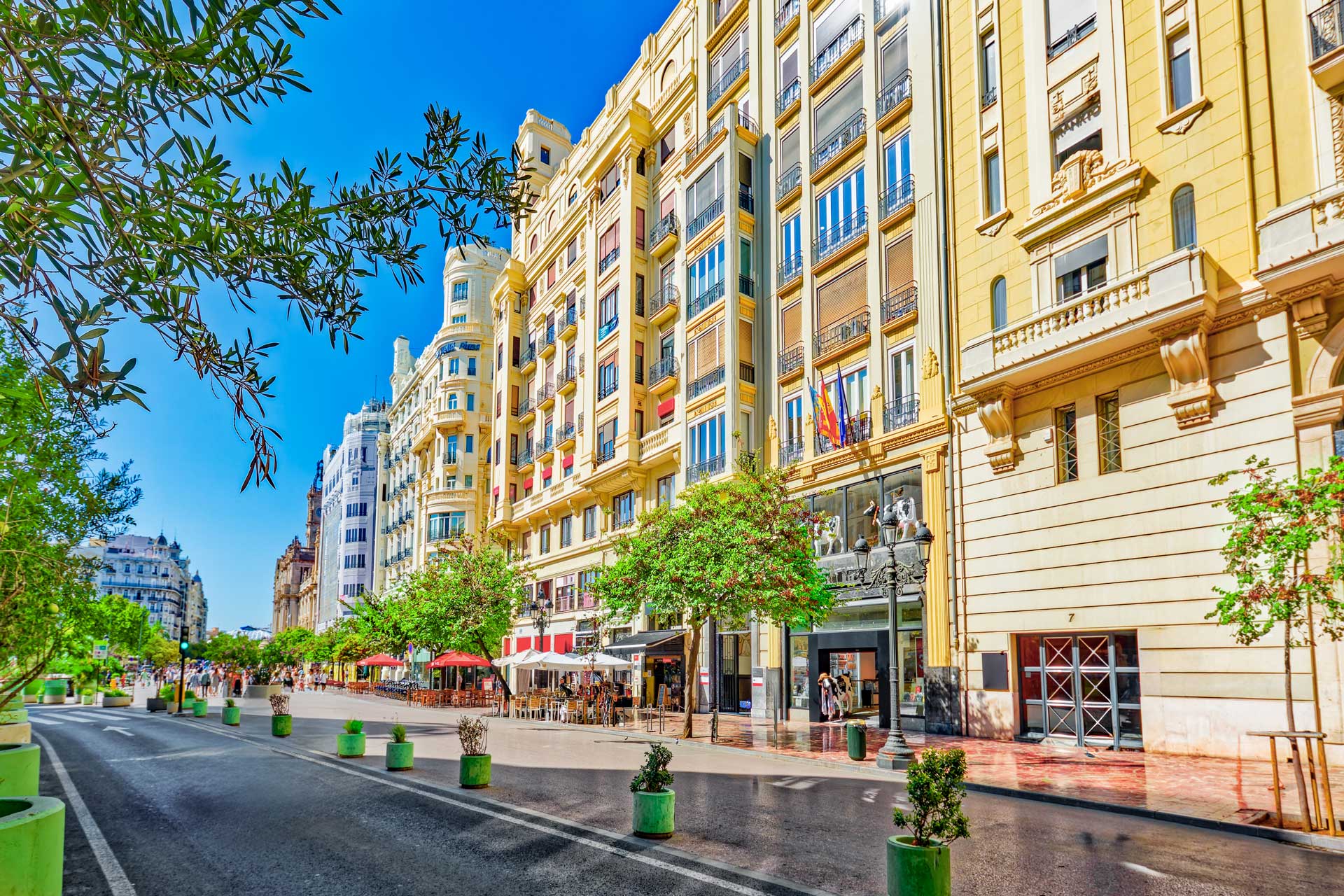If you’re planning a move to Valencia from the U.S. or Canada, you’re probably navigating two big journeys at once. On the one hand, there’s the immigration to Valencia: choosing the right visa, preparing your documents, and making sure your residency starts on solid ground. On the other, there’s the process of finding and buying a home. These two tracks overlap, and timing them well is key to a smooth transition.
This guide is written for North American families, retirees, and professionals who are considering making Valencia their new base. It lays out the full process of buying a property in Spain, how it connects with your immigration strategy, what the costs and timelines look like, and where we step in to protect you at every stage.
Visas and residency options
Buying a property in Spain no longer automatically grants residency. Until 2025, investors could apply for the so-called Golden Visa, but the program was officially closed by the Spanish government this year. That means most North American clients now look at three practical alternatives.
For retirees or financially independent households, the Non-Lucrative Visa remains the most straightforward. It requires proof of sufficient financial means: in 2025, that translates into around €28,800 per year for the main applicant plus €7,200 for each dependent. The visa does not allow you to work in Spain, but it fits well if your income comes from pensions, investments, or assets abroad.
For professionals and remote workers, the Digital Nomad Visa is increasingly attractive. It allows you to live in Spain while working for a foreign employer or managing clients abroad. The income threshold is linked to Spain’s national minimum wage, with most consulates applying requirements in the range of double that figure.
Finally, if you have a Spanish employer or plan to launch a project locally, work permits or entrepreneur visas may be an option. These are less common for North Americans buying homes, but they can be relevant for business families.
Whichever route you choose, it’s possible to buy property before your visa is approved. Many of our clients purchase as non-residents, using the property during 90-day Schengen stays or renting it long-term, then complete their move once residency cards are issued.
What it really costs to buy a home in Valencia
The purchase price is just the starting point. On a resale property, the biggest extra cost is the property transfer tax, currently set at 10% in the Valencian Community. Add to that notary and land registry fees, which usually total between 0.2% and 0.5%, plus real estate agency fees (if not collaborating with us) of around 3%. If you commission a structural survey, budget anywhere between €400 and €1,500 depending on the property’s complexity.
For new-build homes, the structure is slightly different. Instead of transfer tax, you pay 10% VAT plus a regional stamp duty of about 1.4%. Closing fees and professional support costs are similar to resale transactions.
If you need financing, Spanish banks will typically lend non-residents between 50% and 60% of the property price. That means you should plan to bring at least 40–50% in cash for the down payment and taxes. Since late 2018, most of the setup costs of a mortgage are borne by the bank. You’ll still cover the appraisal and copies, but not the main deed tax.
How long does the process take?
If you are well prepared and the seller is organized, a property purchase in Valencia usually takes between six and twelve weeks from accepted offer to completion, with another few weeks before your title is fully registered in your name.
The first stage is preparation. You’ll need a Spanish tax identification number (NIE) and, ideally, a local bank account. This can take one to three weeks.
The search phase varies, but once you find a home, the offer and negotiation usually take just a few days. A deposit contract, commonly called an arras, formalizes the commitment. The deposit is usually 10%-15% of the price. If the seller walks away, they must return double your deposit. If you walk without a valid cause, you lose it.
While the deposit secures the home, our lawyer has already begun the due diligence. This typically lasts two to four weeks. It includes checking ownership and debts with the Land Registry, confirming that local taxes and community fees are up to date, verifying planning permissions and certificates of occupancy, and making sure the mandatory energy efficiency certificate is valid. For homes in Valencia City, there is also a declaration of second occupation to confirm habitability, which we make sure is in place. In older, suburban, or rural properties, we also recommend a technical survey.
If you are applying for a mortgage, expect three to ten weeks for the bank to appraise, underwrite, and issue an offer. We make sure the bank is one that consistently lends to North Americans and that you’re not stuck waiting on institutions unused to handling overseas clients.
Closing takes place before a notary. This is when you sign the public deed and, if applicable, the mortgage. Payment is made by banker’s draft, not by cash. After completion, you have 30 working days to pay the purchase taxes. The Land Registry then updates ownership, usually within two to four weeks.
Ongoing taxes and ownership costs
Owning property in Valencia brings annual costs beyond maintenance and utilities. Every owner pays the municipal property tax (IBI), based on the cadastral value. Waste collection fees are usually charged separately. If you buy in a building or community, there will be shared expenses, which vary depending on services like elevators, doormen, and pools.
For North American non-residents, there is also the non-resident income tax. Spain assumes that a second home provides a benefit, even if you don’t rent it. To capture this, the tax office calculates a small notional rental value on your property each year. The taxable base is 1.1% to 2% of the home’s cadastral value (the assessed value the municipality uses for property tax, which is usually much lower than market value).
For North Americans (non-EU residents), this amount is taxed at 24%.
To give a practical example:
- Suppose your apartment’s cadastral value is €120,000 (a typical figure for a property worth around €400,000 on the market).
- The imputed base might be 1.1% = €1,320.
- The tax due would be 24% of that, or about €317 per year.
So you are not paying 24% of your home’s value — only 24% of a small percentage of its cadastral value. In reality, most of our North American clients end up paying a few hundred euros a year under this rule.
If you later become a full Spanish tax resident, this non-resident tax disappears and is replaced by the standard resident income tax system.
If you rent the property, actual rental income is taxed at the same rate, though deductibility is more limited than for EU residents. Wealth tax and Spain’s solidarity tax for high fortunes may also apply depending on your assets, which is why we coordinate with local tax counsel before your residency starts.
Making the process safe
Buying in Spain does not use escrow in the American sense. That makes due diligence even more critical. Our role is to ensure that every legal, tax, and technical angle is checked before you commit.
We translate the registry records, community certificates, and planning documents into clear, practical advice. We also confirm that all community and municipal bills are current, and if not, we retain part of the price until they are settled. When the seller is a non-resident, we withhold the legally required 3% of the purchase price and pay it to the Spanish tax authority, so you are fully compliant.
Every payment is verified with the notary, and funds move through bank drafts or secure real-time transfers. Nothing is left to chance, and nothing is handled in cash.
Step by step, with us at your side
The way we work is straightforward. We begin with orientation—budget, visa path, neighborhood preferences, schools or healthcare priorities. If you need financing, we connect you early with Spanish banks that routinely work with North Americans, so that your offer has real credibility.
We then manage the viewings and negotiations, with your presence in person or remotely, making sure you understand not just the price but also the conditions that matter. When it’s time to commit, we structure the deposit contract in a way that gives you maximum protection.
From there, our trusted lawyers conduct the legal checks. If surveys or technical reports are needed, we introduce you to trusted partners and coordinate those as well. At the same time, we present you to immigration lawyers who finalize your visa application (if needed), and tax specialists who align your entry date with U.S. or Canadian reporting requirements. Everything is synchronized so that the legal and personal timelines fit together.
Finally, we handle closing logistics, including notary coordination, payment preparation, and tax filings after the deed is signed. Once the property is yours, we switch utilities, arrange insurance, and ensure you’re registered with local services. Our role doesn’t stop at the signing table.
A note on rentals
If part of your plan is to rent the home out short-term, Valencia has strict and evolving regulations. Tourist licenses are capped or suspended in some city neighborhoods, and Spain has introduced a national registration requirement for short-term rentals. We flag these issues early so that you don’t buy an asset you can’t use as intended.
Conclusion and next step
Immigrating to Valencia is more than a paperwork exercise. It is about structuring your residency, securing your home, and making sure your family’s transition is smooth and safe. The process involves many steps—visas, taxes, property searches, contracts, notary deeds—but none of them are insurmountable when handled in the right sequence.
Our role is to guide you hand in hand, ensuring that both the immigration and property processes run in parallel, with trusted Valencia lawyers and advisors at your side.
If you are ready to explore your move, we invite you to schedule a private consultation with us. In that first session, we will map your best visa option, outline your property timeline, and explain you how we work. From there, we walk with you until you have the keys in hand.
Blog article updated in february 2026




